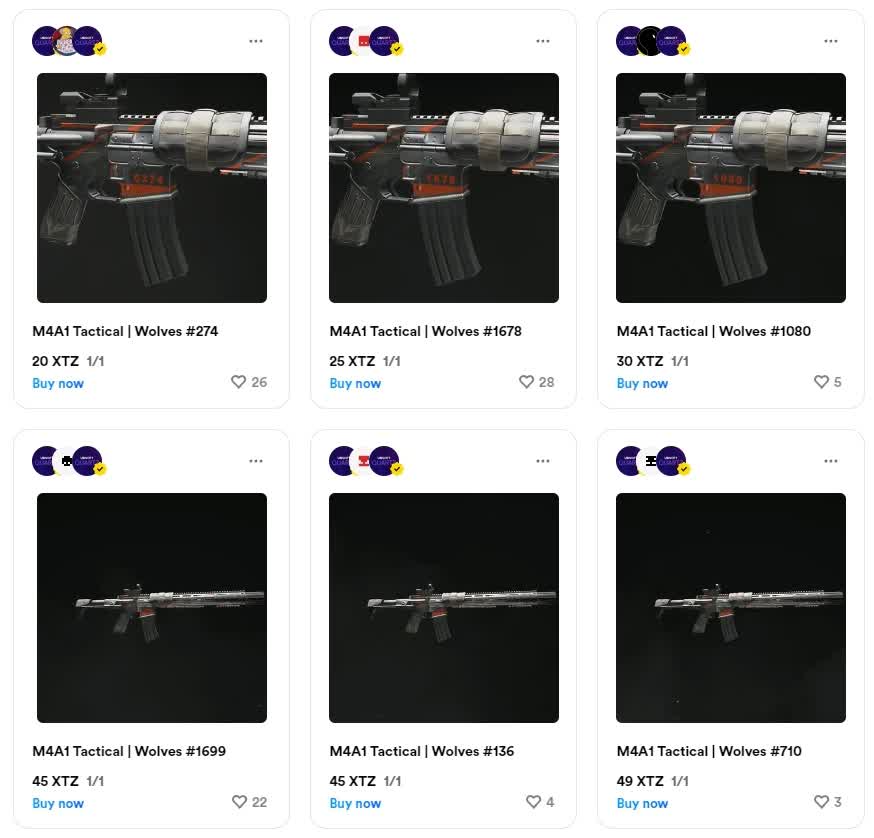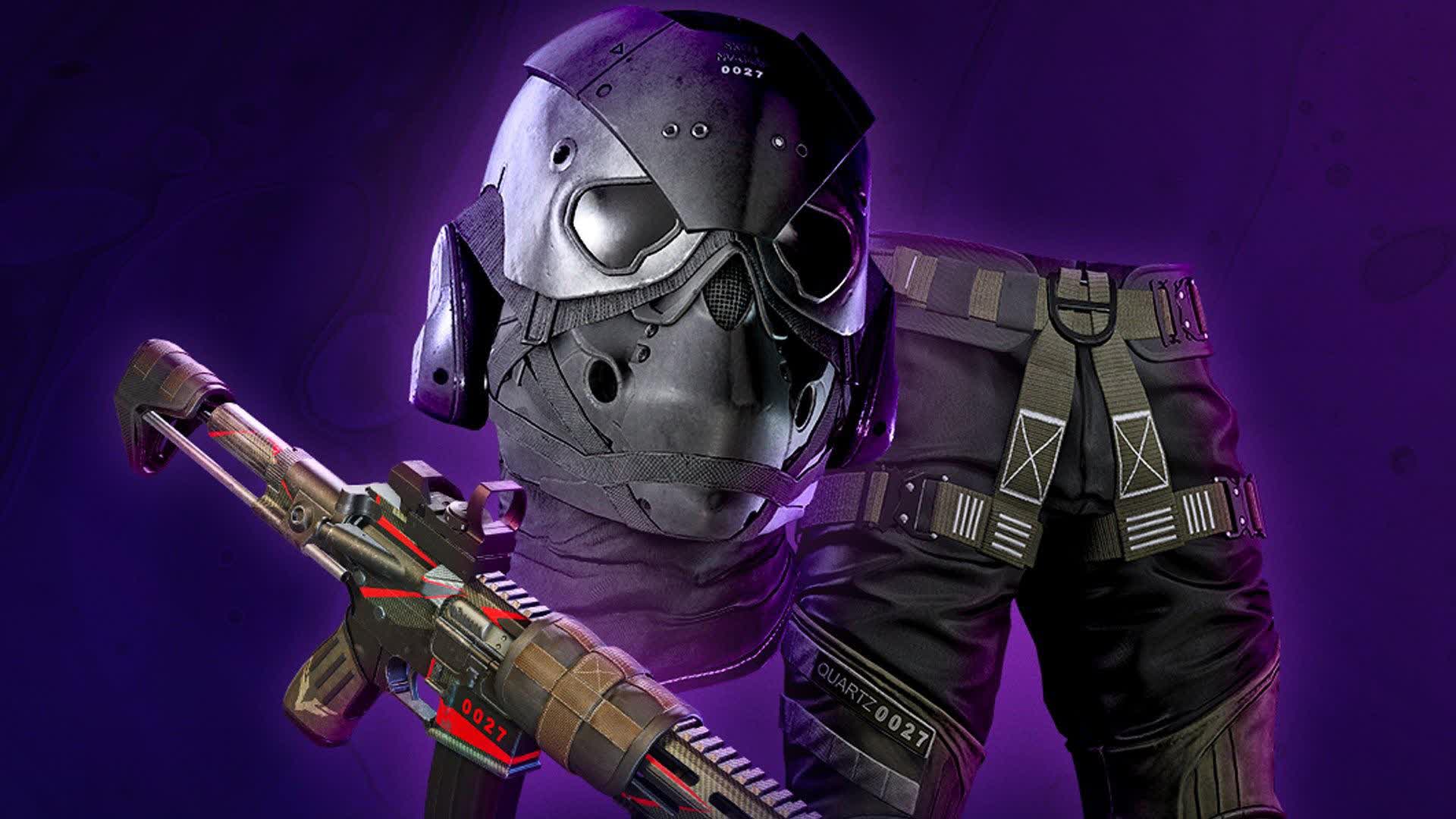The big picture: Ubisoft earlier this month announced it was adding NFT-based cosmetic items to Tom Clancy's Ghost Recon Breakpoint through a new platform called Ubisoft Quartz. The non-fungible tokens, known as Digits, feature unique serial numbers that allow players to track the current and past ownership of in-game cosmetic items like clothing and weapons. Ubisoft gave out thousands of free Digits to get the party started. The claim period for those freebies has already passed, but it seems as though very few people have any interest in actually paying for Ubisoft's NFTs.
Following a lead from Liz Edwards, I took a quick look at the two third-party marketplaces selling Digits, Rarible and Objkt, and found that only 18 items have been sold as of this writing. Pricing varies wildly, with the most expensive item sold commanding 40 XTZ (about $166 based on the current value of Tezos) down to just a single XTZ, or about $4.17.
Anyone that has paid attention to headlines as of late is well aware that there is a market for NFTs. Adidas recently made more than $23 million in a single day with its first NFT drop and in November, someone paid more than $650,000 for a virtual yacht. Why the lack of interest in Ubisoft's NFTs, then?

While Digits have unique serial numbers, they aren't visually distinct from each other in any additional way. Perhaps there's not enough uniqueness to prompt gamers to shell over money for them? Or maybe it's just that hardcore gamers simply aren't interested in NFTs. Stalker 2 developer GSC Game World recently walked back plans to add NFTs to its upcoming gaming following backlash from fans. Maybe Ghost Recon Breakpoint just isn't all that popular these days, thus there's a limited market to sell to?
